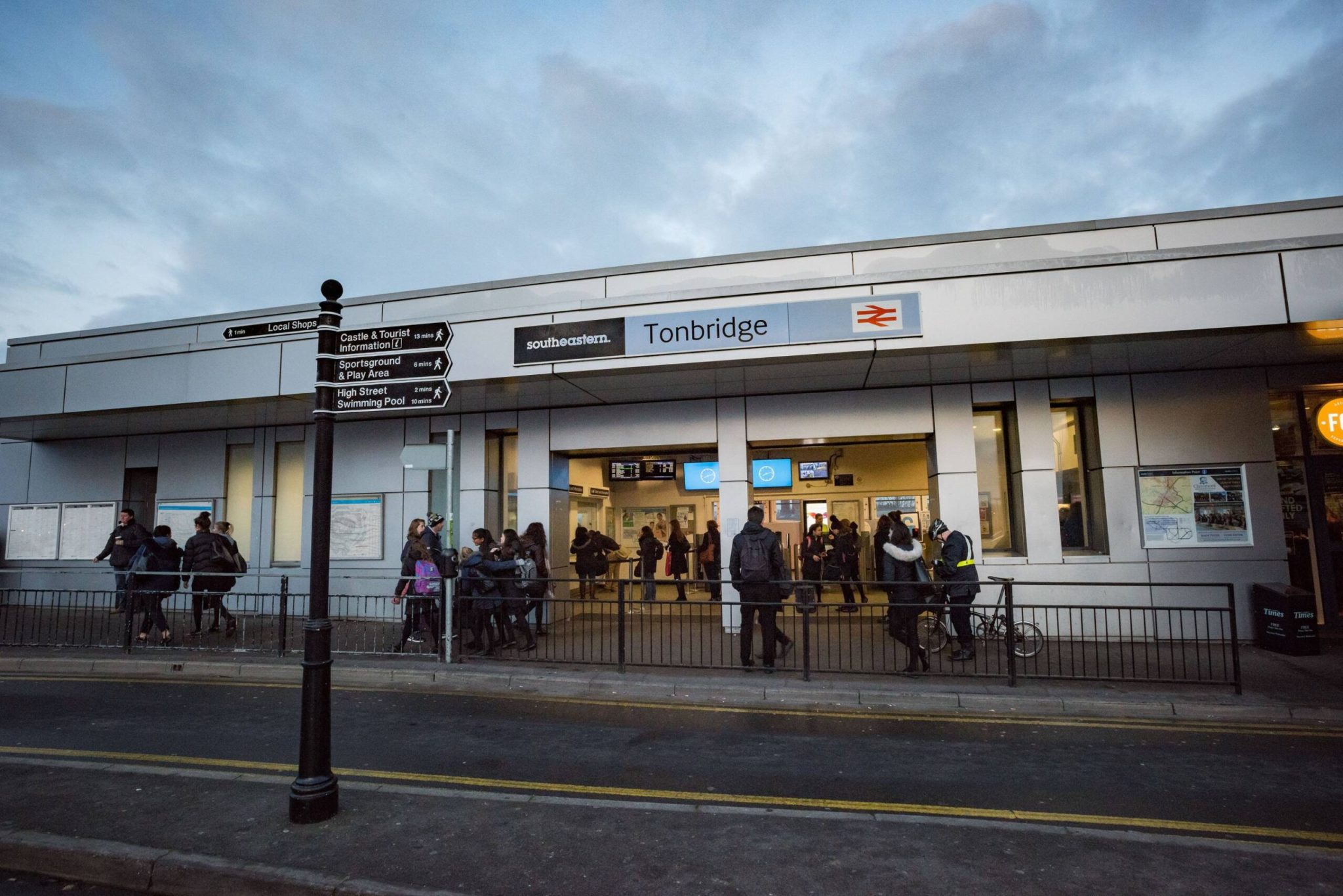TONBRIDGE to London has been named as the sixth most expensive commute in the country, after the latest rise in annual rail season tickets.
The price of a 12-month ticket on the standard route will now set passengers back £4,088 – a £72 (1.8 per cent) increase from last year.
Since 2008, the cost of an annual fare on the Southeastern service has increased by £1,308, a 47 per cent rise.
This means that a commuter who makes a return journey five days a week, excluding 25 days annual leave and bank holidays, will spend 33 pence per mile travelled – the sixth highest rate in England, according to a BBC analysis.
Kent features prominently in the top ten, with Sevenoaks the second dearest at 38 pence per mile and Tunbridge Wells eighth (31 pence per mile).
The latest rise has been condemned by Tonbridge Line Commuters [TLC] Vice-Chair John Reynolds, who also argues that the nature of franchise ownership means that passengers are powerless against the fare rises.
He said: “Fares from Tonbridge to London are still among the highest in the country, and indeed among the highest in Europe.
“Passengers are a captive market and have very little choice but to use often overcrowded trains to London, given that the roads are so congested. It is a shame that they are treated in this way.”
It is the first year that rises have been capped according to the Retail Price Index [RPI] measure of inflation, which this year was 1.9 per cent.
But TLC have called for a limit based on the consumer price index [CPI], which this year was 0.6 per cent.
Tonbridge MP Tom Tugendhat said: “Our rail service to London needs improvement. Frequent delays and short-formed services cause problems for many commuters.
“Our excellent connections to London Bridge, Charing Cross and Cannon Street mean that our town is fast becoming a prime destination for people wanting
to commute.”
The latest increase comes as Southeastern look set to secure a six month extension on its franchise, taking it to December 2018. It is intended to avoid the busy summer next year, when key timetable changes are due to come in.








